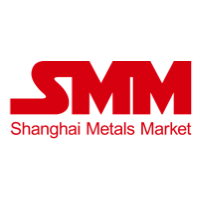EU's Green Hydrogen Trade Regulation: Reshaping Global Competition Landscape
Key Ideas
- EU adopts Hydrogen Trade Security Regulation focusing on green hydrogen production, certification, and carbon tariff exemptions.
- Policy aims to reduce dependency on Russian fossil fuels, compete in the global green hydrogen market, and set international standards.
- Domestic enterprises face challenges in meeting certification requirements but can benefit from tariff exemptions with scale and technological upgrades.
- Certification evolves as a trade infrastructure with digital tracking, blockchain verification, and third-party validation to ensure data integrity.
The EU has recently implemented the Hydrogen Trade Security Regulation to regulate green hydrogen trade, defining certification standards and providing carbon tariff exemptions for imported green hydrogen. This move is in response to the need to reduce reliance on Russian fossil fuels and compete in the global green hydrogen market. The policy aligns with the Renewable Energy Directive and aims to import a significant amount of green hydrogen by 2030. By exempting green hydrogen from tariffs, the EU is also positioning itself in international climate negotiations and influencing global standards. Domestic enterprises face challenges in meeting certification requirements, but can benefit from tariff exemptions with scale and technological upgrades. The certification process has evolved into a trade infrastructure with real-time tracking, blockchain verification, and third-party validation to ensure data integrity and compliance.
Topics
Europe
Renewable Energy
Green Energy
Global Trade
Supply Chain
EU Regulation
Climate Negotiations
Carbon Tariffs
Policy Synergy
Latest News
